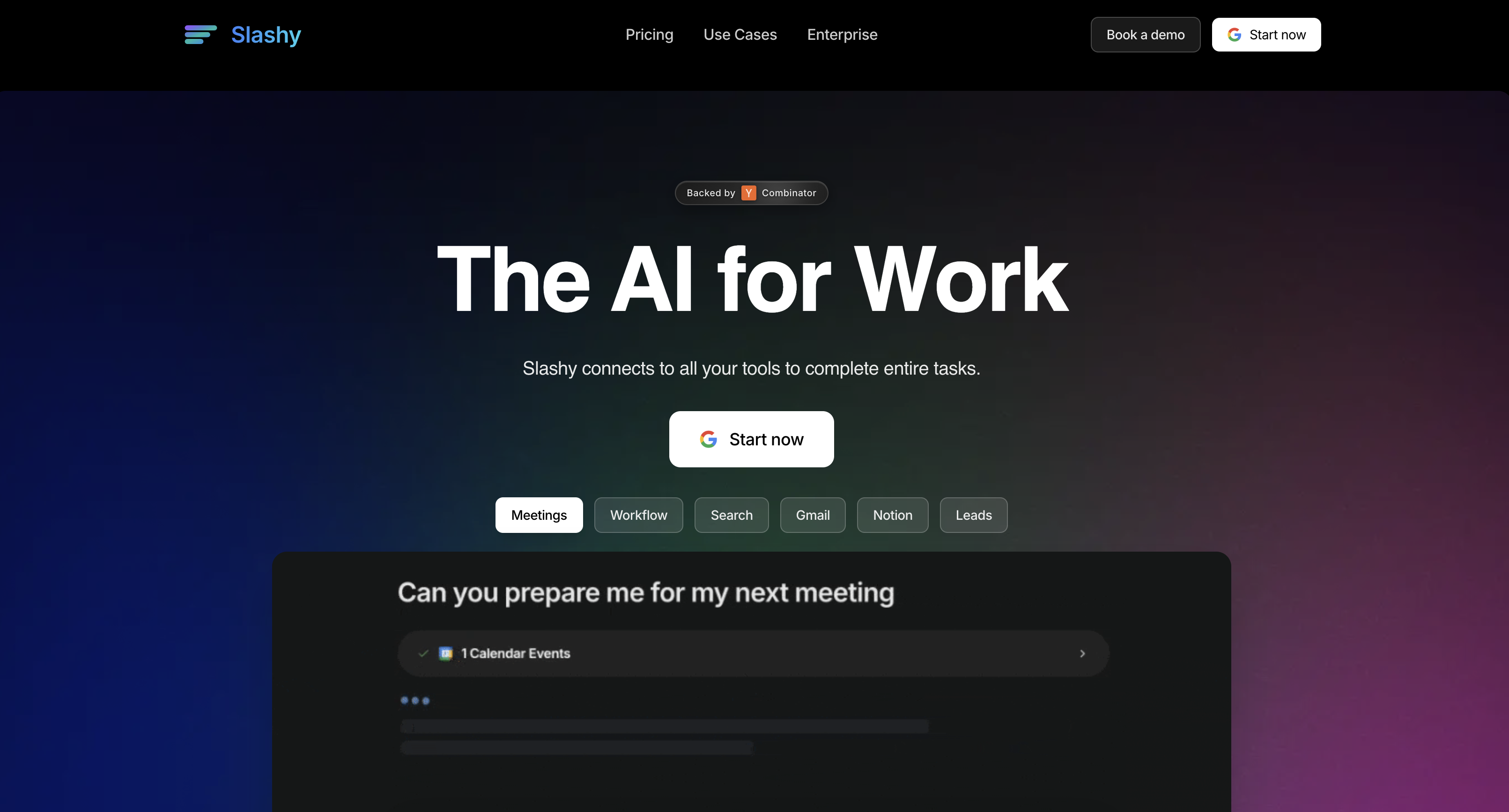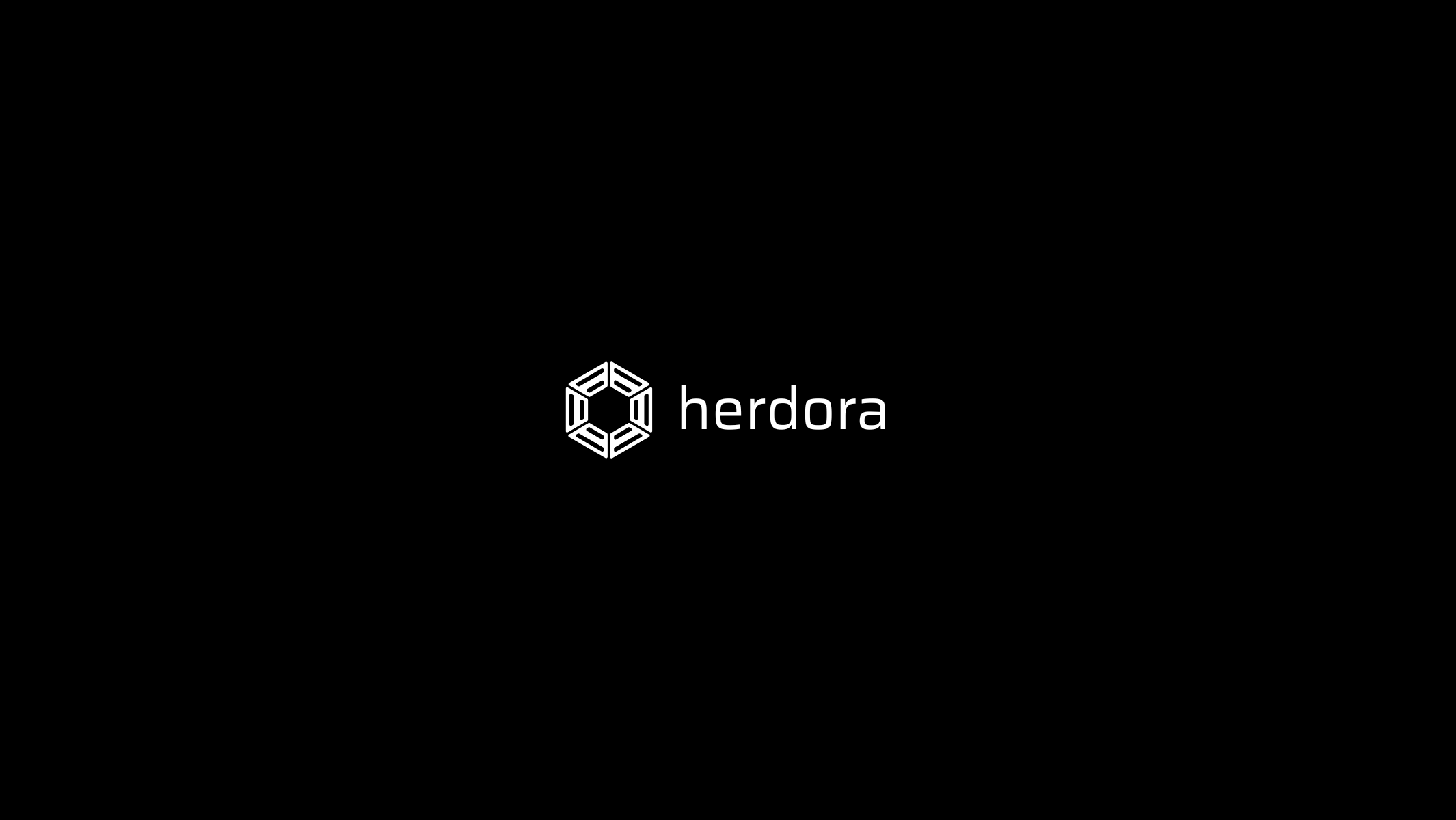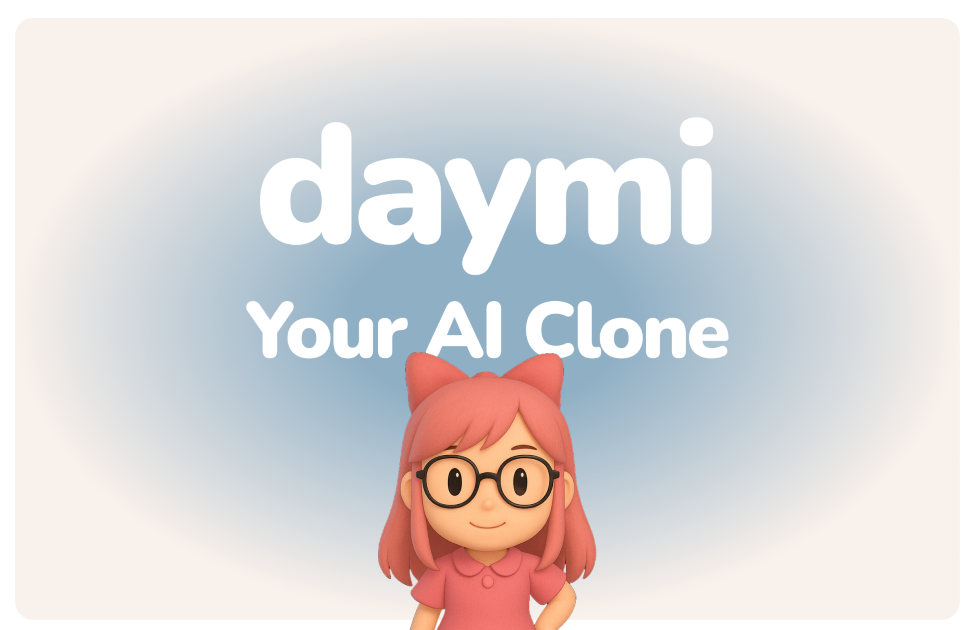In today's competitive business landscape, managing payroll efficiently is crucial for small business success.
Square Payroll and Gusto represent two of the most popular payroll solutions for small businesses in today's digital landscape. Both platforms streamline essential payroll processes while offering distinct advantages that cater to different business needs. Choosing between these powerful tools requires careful consideration of your company's size, industry, growth trajectory, and integration requirements. This comprehensive comparison examines how Square Payroll and Gusto stack up against each other across multiple dimensions to help you make an informed decision for your business.
How Square and Gusto Transform Payroll Management
Managing payroll efficiently stands as a critical component of business success, particularly for small companies with limited resources. Square Payroll and Gusto have emerged as leading solutions that simplify complex payroll processes through automation and user-friendly interfaces. Both platforms handle core functions like tax calculations, filings, and direct deposits while maintaining compliance with federal and state regulations. Their cloud-based architecture enables access from anywhere, allowing business owners to manage payroll operations remotely without being tied to a physical office location. The differences between these platforms become apparent when examining their unique approaches to pricing, feature sets, and ecosystem integration.
Pricing Models That Fit Different Business Needs
Square Payroll employs a straightforward pricing structure that appeals to budget-conscious small businesses. Their full-service payroll plan costs $35 per month plus $6 for each person paid, covering both employees and contractors with no hidden fees or complex tiers. For businesses working exclusively with contractors, Square offers a contractor-only option at just $6 per contractor monthly with no base fee, making it particularly attractive for gig-economy businesses. This transparent pricing model includes all essential features like automatic tax calculations, filings, and unlimited payroll runs regardless of which plan you choose. Square's pricing simplicity allows businesses to predict costs accurately as they scale without worrying about sudden price jumps when reaching certain employee thresholds.
Gusto implements a more tiered approach to pricing that scales with business complexity. Their entry-level Simple plan starts at $49 monthly plus $6 per person, while the Plus plan increases to $80 monthly plus $12 per person with enhanced features. Premium customers receive custom pricing based on their specific needs and company size. Like Square, Gusto also offers a contractor-only plan at $6 per contractor with no base fee. The higher-tier plans include additional HR capabilities, benefits administration tools, and dedicated support that justify the increased investment for growing organizations. Businesses anticipating significant growth might find Gusto's scalable pricing structure advantageous despite the higher initial cost compared to Square Payroll.
Essential Payroll Features Comparison
Both platforms excel at handling core payroll functions that small businesses need most. Square Payroll and Gusto both offer unlimited payroll runs, automatic tax calculations, and direct deposit options as standard features. They support both W-2 employees and 1099 contractors, allowing businesses to manage diverse workforce arrangements through a single platform. Both services generate and distribute tax forms automatically, reducing administrative burden during tax season. The similarities extend to basic reporting capabilities, with both platforms providing standard payroll reports for accounting and compliance purposes. These shared features ensure that essential payroll operations run smoothly regardless of which platform you choose.
Direct Deposit and Payment Options
Square Payroll leverages its payment processing expertise to offer flexible payment options for employees. The platform provides standard four-day and two-day direct deposit timeframes, matching industry norms for payroll processing. Square's integration with Cash App creates a unique advantage by enabling instant payments to employees who use the service, potentially eliminating waiting periods entirely. This immediate payment option can serve as a powerful recruitment and retention tool, especially for hourly workers who value quick access to their earnings. Square also maintains traditional payment methods like physical checks for employees who prefer them, ensuring no worker gets left behind regardless of their banking preferences.
Gusto's direct deposit capabilities vary by plan tier, with standard two-day and four-day options available across all plans. Their Plus and Premium plans unlock next-day direct deposit functionality, reducing the waiting period for employees to receive their funds. Gusto Wallet, their financial wellness app, includes an earned wage access feature called "Cash Out" that allows employees to access a portion of their earned wages before payday. This early access feature helps employees manage cash flow emergencies without resorting to high-interest payday loans or credit card debt. Both platforms recognize the importance of flexible payment options in today's diverse workforce environment.
Tax Filing and Compliance Support
Square Payroll handles tax compliance automatically through their full-service plan, calculating, filing, and paying federal, state, and local taxes on behalf of employers. The system generates W-2s and 1099s at year-end and distributes them electronically to employees and contractors. Square's compliance features include automatic updates when tax laws change, ensuring businesses remain compliant without constant monitoring of regulatory shifts. Their system issues compliance alerts for important deadlines and potential issues, helping businesses avoid costly penalties and interest charges. Square's straightforward approach to tax compliance works well for businesses with standard tax situations across common industries.
Gusto offers comprehensive tax compliance features across all plan tiers:
- Federal tax management: Automatic calculation, filing, and payment of federal employment taxes including income tax withholding, Social Security, and Medicare.
- State tax handling: Support for state unemployment insurance, disability insurance, and income tax withholding across all 50 states.
- Local tax compliance: Calculation and payment of local taxes where applicable, including city and county taxes.
- Year-end forms: Electronic generation and distribution of W-2s and 1099s with paper mailing options available.
Gusto's higher-tier plans include additional compliance features like HR compliance calendars and state-specific policy libraries that help businesses navigate complex regulatory environments. Their system particularly excels at managing multi-state tax compliance for businesses with employees working across different jurisdictions.
Time Tracking and Employee Management
Effective time tracking integration with payroll systems saves hours of manual data entry while reducing errors. Square Payroll integrates seamlessly with Square's Team app and POS system to track employee hours automatically. This native integration allows employees to clock in and out directly through Square devices, with hours flowing automatically into the payroll system. Managers can create employee schedules, approve timecards, and track overtime all within the Square ecosystem. The unified approach works exceptionally well for retail, restaurant, and service businesses already using Square's point-of-sale system. Square's time tracking focuses on simplicity rather than advanced features, making it accessible for small teams without complex scheduling needs.
Gusto provides more robust time tracking capabilities, especially in their Plus and Premium plans. Their system supports various time tracking methods including web-based clock-in/out, mobile apps, and integrations with specialized time tracking software. Gusto's PTO management allows employees to request time off through the platform, with managers receiving notifications to approve or deny requests. The system automatically calculates PTO accruals based on company policies and reflects approved time off in payroll calculations. Gusto's time tracking capabilities extend to project tracking, allowing businesses to allocate labor costs across different projects or departments for more granular financial analysis. This comprehensive approach to time management suits businesses with complex scheduling needs or those requiring detailed labor cost allocation.
Employee Onboarding and Self-Service
Square Payroll streamlines the onboarding process through digital tools that reduce paperwork and administrative time. New hires receive email invitations to complete their own onboarding through Square's employee portal, where they can enter personal information, tax details, and direct deposit information. The self-service portal gives employees ongoing access to pay stubs, tax forms, and basic personal information updates without requiring employer intervention. Square's onboarding process focuses on collecting essential information efficiently rather than providing an extensive orientation experience. This streamlined approach gets new employees into the system quickly but lacks some of the more comprehensive onboarding features found in dedicated HR platforms.
Gusto elevates the onboarding experience with features designed to welcome new team members properly:
- Digital offer letters: Customizable templates for creating and sending professional offer letters that new hires can sign electronically.
- Welcome packets: Personalized information packages introducing company culture, policies, and team members.
- Document storage: Secure repository for storing employee documents like certifications, licenses, and signed policies.
- Background checks: Optional pre-employment screening integrated directly into the onboarding workflow.
Gusto's employee self-service portal provides access to pay history, tax documents, benefits information, and company directories. Employees can update personal information, adjust tax withholdings, and manage benefit elections without HR intervention. This comprehensive self-service approach reduces administrative burden while empowering employees to manage their own information.
Benefits Administration Capabilities
Comprehensive benefits packages have become essential for attracting and retaining talent in competitive markets. Square Payroll offers solid benefits administration features covering the most common employee benefits. Their health insurance options come through a partnership with SimplyInsured, providing access to medical, dental, and vision plans in most states. Square's 401(k) integration with Guideline enables retirement plan administration with automatic deductions from payroll. Workers' compensation insurance can be managed through AP Intego with premiums calculated based on actual payroll rather than estimates. Square's benefits administration focuses on core offerings without extensive customization options, making it suitable for businesses seeking standard benefits packages without complex requirements.
Gusto delivers a more extensive benefits administration platform that supports a wider range of offerings. Their health benefits marketplace operates in 37 states plus DC, featuring plans from major carriers with side-by-side comparisons for easier selection. Gusto handles the administration of HSA and FSA accounts, automatically calculating contribution limits and ensuring compliance with IRS regulations. Their platform supports additional benefits including:
- Retirement plans: 401(k) options through multiple providers with automatic enrollment features
- Life and disability insurance: Coverage options that integrate with payroll for premium deductions
- Commuter benefits: Pre-tax transit and parking benefit administration
- Financial wellness tools: Savings features, financial education resources, and earned wage access
Gusto's benefits administration capabilities scale with business needs, making it suitable for companies looking to build comprehensive benefits packages that extend beyond the basics.
HR Features and Employee Development
Square Payroll offers basic HR functionality focused primarily on essential personnel management. The system maintains employee records including contact information, tax details, compensation rates, and employment status. Square provides standard HR reporting for headcount, turnover, and labor costs to support basic workforce planning. Their team management features allow for basic role assignments and permission settings within the Square ecosystem. Square's HR capabilities remain relatively limited compared to dedicated HR platforms, focusing instead on streamlined payroll processing with just enough HR functionality to support small teams with basic needs.
Gusto positions itself as a more comprehensive HR platform, especially in their higher-tier plans. Their system includes an employee directory with team organization charts and contact information. Gusto offers performance management tools including review cycles, feedback collection, and goal tracking in their Premium plan. Their HR resource center provides policy templates, compliance guides, and best practices to help small businesses implement professional HR processes. Gusto's Plus and Premium plans include HR experts who can provide personalized guidance on complex situations. This expanded HR functionality makes Gusto suitable for growing businesses that need more sophisticated people management capabilities without investing in separate HR software.
Integration Capabilities and Ecosystem
Seamless software integration has become crucial for efficient business operations. Square Payroll's integration strategy centers around deep connectivity within the Square ecosystem. The platform connects natively with Square Point of Sale, Square Appointments, and other Square products to create a unified business management system. This ecosystem integration automatically syncs sales data, employee hours, and tips between systems without manual intervention. Square's third-party integrations focus on essential business tools including QuickBooks, Xero, and several time tracking applications. The integration approach works exceptionally well for businesses already committed to Square's ecosystem but may feel limiting for companies using diverse software solutions outside the Square family.
Gusto offers significantly broader integration capabilities with over 100 third-party business applications. Their accounting software integrations include QuickBooks, Xero, FreshBooks, and Wave, supporting various accounting workflows and preferences. Gusto connects with numerous time tracking platforms including TSheets, Homebase, When I Work, and Ximble to accommodate different time management approaches. Their platform also integrates with business operation tools spanning expense management, point-of-sale systems, and team communication platforms. This extensive integration network allows businesses to create customized tech stacks while maintaining data flow between systems. Gusto's open integration approach provides greater flexibility for businesses using various software solutions from different providers.
Mobile Accessibility and Remote Management
Square Payroll embraces mobile functionality through dedicated applications for both employers and employees. Their employer-focused mobile app allows business owners to run payroll, view payroll history, and manage employee information from anywhere. The separate Team app gives employees tools to clock in/out, view schedules, and access pay information on their mobile devices. Square's mobile-first approach aligns with their broader focus on providing accessible business tools for merchants who may not work from traditional office settings. The mobile functionality particularly benefits business owners who manage operations across multiple locations or frequently work away from their desks.
Gusto takes a different approach to mobile accessibility that focuses primarily on employee experiences. While they lack a dedicated employer mobile app for payroll management, their responsive web design works reasonably well on mobile browsers for basic functions. The Gusto Wallet mobile app serves employees by providing access to pay stubs, tax documents, and financial wellness tools. Their Cash Out feature enables employees to access earned wages before payday through the mobile app, helping with unexpected expenses. This employee-centric mobile approach works well for staff but may frustrate business owners who need to manage payroll while away from their computers.
Making Your Final Decision
Ideal business profiles for Square Payroll:
- Retail, restaurant, and service businesses already using Square POS or payment processing
- Small teams with straightforward payroll needs and limited HR requirements
- Businesses with tipped employees who benefit from automatic tip importing
- Companies seeking the lowest-cost comprehensive payroll solution
- Organizations valuing mobile management capabilities for on-the-go operations
Ideal business profiles for Gusto:
- Growing companies needing scalable HR capabilities alongside payroll
- Businesses with employees across multiple states requiring complex tax management
- Organizations offering comprehensive benefits packages beyond basic health insurance
- Companies using diverse software tools requiring extensive integration options
- Businesses prioritizing employee financial wellness and development tools
Implementation and Transition Considerations
Switching payroll providers requires careful planning to ensure a smooth transition. When implementing either Square Payroll or Gusto, gather complete employee information including personal details, tax elections, and payment preferences before beginning the setup process. Schedule your transition between pay periods to avoid disrupting regular payment schedules and causing employee confusion. Both platforms offer setup assistance, with Gusto providing more comprehensive onboarding support for complex situations. Consider timing your transition to avoid tax filing deadlines when possible to reduce compliance risks during the changeover. Most businesses can complete basic setup within 1-2 weeks, though more complex payroll situations may require additional time for proper configuration.
The implementation process typically includes these key steps:
- Data migration: Transferring employee information, pay rates, and tax settings from previous systems
- Account configuration: Setting up company details, pay schedules, and payment methods
- Employee setup: Inviting employees to complete their profiles and self-onboarding steps
- Benefit configuration: Establishing health insurance, retirement plans, and other benefits
- Testing: Running test payrolls to verify calculations before processing actual payments
Both platforms provide implementation support, though Gusto's higher-tier plans include more personalized assistance during the transition process.
Choosing Your Ideal Payroll Partner
Selecting between Square Payroll and Gusto ultimately depends on aligning their strengths with your business priorities. Square Payroll offers exceptional value for price-conscious businesses seeking streamlined payroll processing without extensive HR features. Its seamless integration with Square's ecosystem creates significant efficiency for businesses already using Square products. The platform's mobile capabilities and instant payment options through Cash App provide flexibility that many small businesses appreciate. Square's straightforward approach works particularly well for businesses in retail, food service, and other industries where Square's point-of-sale system is commonly used.
Gusto delivers a more comprehensive HR and payroll solution ideal for growing businesses with expanding needs. Their extensive benefits administration, robust compliance tools, and wider range of integrations create a more adaptable platform that scales with business growth. Though more expensive in higher tiers, the additional features provide substantial value for businesses requiring more sophisticated people management capabilities. Consider not just your current requirements but your anticipated needs over the next 2-3 years when making your selection. Both platforms continue to evolve their offerings regularly, adding new features and integrations to better serve their target markets. Whichever platform you choose, both Square Payroll and Gusto have established themselves as reliable solutions that can significantly simplify payroll management for small businesses.
Simplify Startup Finances Today
Take the stress out of bookkeeping, taxes, and tax credits with Fondo’s all-in-one accounting platform built for startups. Start saving time and money with our expert-backed solutions.
Get Started









.png)









